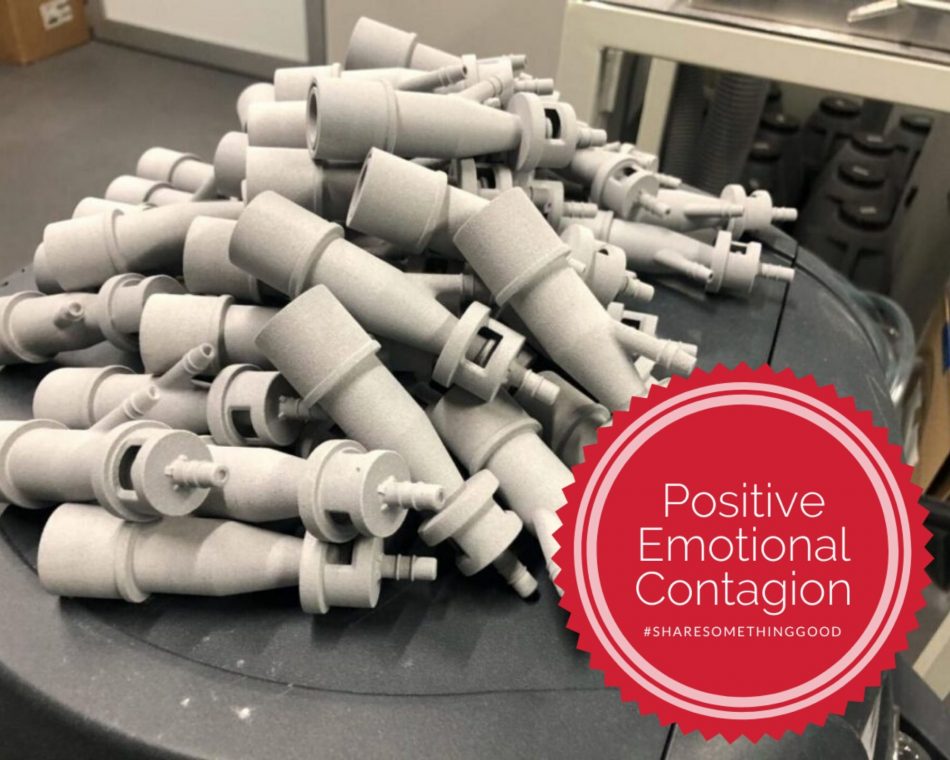It is clear that 3D printing will have a big impact on the medical world in the near future. For hospitals in Northern Italy facing rising numbers of COVID-19 cases, the technology is already saving lives. When doctors needed a replacement valve for a reanimation device and the supplier was out, they successfully printed one themselves.
One reason why it is critical to slow the spread of the virus is that many patients require oxygenation and intensive care to successfully fight off the disease, but many regions lack the resources to offer this care to large numbers of patients. Fortunately, 3D printing may be able to help close the supply gap in hospitals.
One particular hospital in Brescia, one of the region’s most heavily impacted by COVID-19, contacted FabLab in Milan on March 13 and asked if it would be possible to 3D print these critical valves. FabLab put the hospital in contact with Isinnova, a company that responded to this call by bringing a 3D printer straight to the hospital. By the evening of March 14, ten patients were successfully being supported by printed valves.
As of yesterday, hundreds of hospitals have reached out for access to the 3D valve printing model. The Italian company has shared its plans in a downloadable file and other medical facilities around the world are adopting this life-saving solution!












